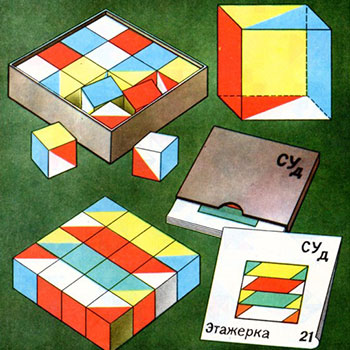How do you solve #(x + 1/3)^2 - 4/9 = 0#?
2 Answers
Use the formula named as Difference of Squares", i.e.,
Here
Now, use "zero product property", i.e.,
If
Here
Solution Set
Explanation:
This method does not require factorization into a difference of squares.
Add
#(x+1/3)^2=4/9#
Take the square root of both sides. Recall that both the positive and negative roots should be taken.
Also note that
#x+1/3=+-2/3#
Split this into two equations:
#x+1/3=2/3#
#color(red)(x=1/3#
The negative version:
#x+1/3=-2/3#
#color(red)(x=-1#


